The maturation of China's venture capital and private equity industries is widely expected amid the implementation of the registration-based initial public offering system throughout the A-share market.
The change is also forecast to further drive technological innovation and facilitate the building of a multilevel capital market in China, experts said.
The China Securities Regulatory Commission released on Friday the official trading mechanism and rules to adopt registration-based IPOs throughout the A-share market.
The expansion of the registration-based IPO system is "definitely good news" to institutions focusing on investment in startups and early-stage and emerging companies, according to Lin Wei, a researcher at the Shenzhen Innovation and Entrepreneurship Institute. That is especially so in terms of an exit route, Lin said.
An IPO gives private investors a chance to exit by selling off stakes in the company. For venture capital and private equity — which are investors in the primary market — IPOs, acquisitions or stock repurchases from invested companies' management are good ways to exit.
"The projects that VCs and PEs have invested in will be able to float on the A-share market more easily once the registration-based IPO system is adopted on all the boards. Therefore, VCs and PEs, as early investors, will find it easier to exit. Such smoother exits will boost their confidence in raising funds and investing in more early-stage projects," Lin said.
Zhang Wei, chairman of CoStone Capital, said that the overall cycle of fundraising, investment, management and exits will be smoother under the new IPO system, better shaping the multilevel Chinese capital market.
The registration-based IPO system was first tried on the STAR Market at the Shanghai Stock Exchange in July 2019.Its use was then encouraged on the Nasdaq-style ChiNext at the Shenzhen bourse in August 2020.
Experience gathered on those technology-focused boards has shown that the market gives the cold shoulder to small-caps and companies with slow growth rates, an attitude fully reflected in lower stock prices, said Xiao Shuilong, chairman of CDF Capital.
Investors have paid more attention to companies exploiting key technologies or promising great growth potential, he said. This has motivated institutions to more vigorously look for early-stage projects with true industry competitiveness, Xiao added.
The removal of limits on companies' intangible assets ratio or profitability will also help VCs to focus more on high-tech companies, said Zhuo Fumin, chairman of V Star Capital. Intangible assets are not physical, such as brand recognition and intellectual property like copyrights.
Chinese VCs and PEs raised as much as $136.1 billion in 2022, down 5.7 percent from a year earlier, according to ChinaVenture Investment Consulting Co Ltd. The number of invested projects dropped 16 percent year-on-year to 9,695 in 2022. Both contractions were due to global market volatility and the resurgence of the pandemic last year, the consultancy said.
The price difference between the primary and secondary markets will be narrowed under the new IPO system, according to Peng Zhiqiang, founding partner of Peakview Capital. Arbitrage opportunities under such circumstances will be very limited for VCs and PEs, he said. Arbitrage means buying a security in one market and, at the same time, selling it for more on another market. It enables investors to profit from a temporary difference in the cost of shares.
In this sense, VCs should start investing in small emerging companies at an even earlier stage, with a greater focus on technology, Peng said. To seek long-term returns, they should not immediately exit after a startup's IPO. They should closely watch the invested company's growth and continue to back them for a longer period, he said.
Peng said it should be noted that early-stage technologically innovative projects usually entail higher risks and uncertainties. Their development path may be quite long. Investment institutions' professional skills are especially important in addressing such challenges.
The venture capital industry will be reshuffled, with only the fittest surviving, bringing changes that will be of long-term good to the industry's high-quality development, he added.































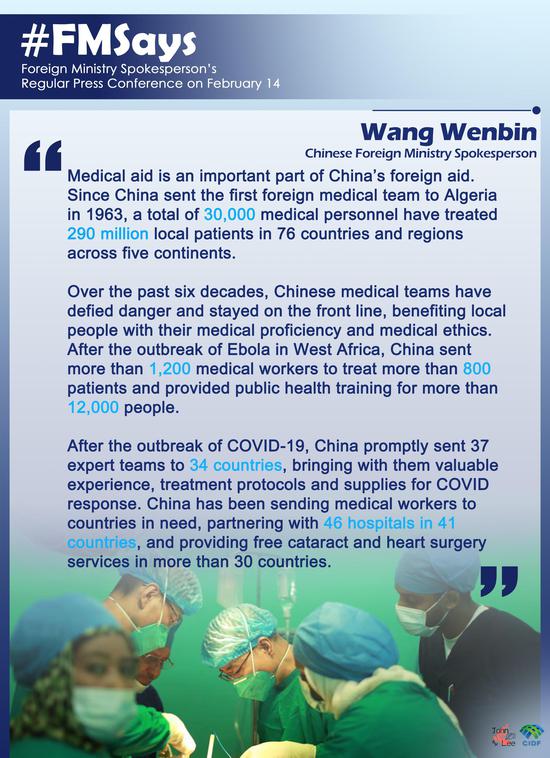
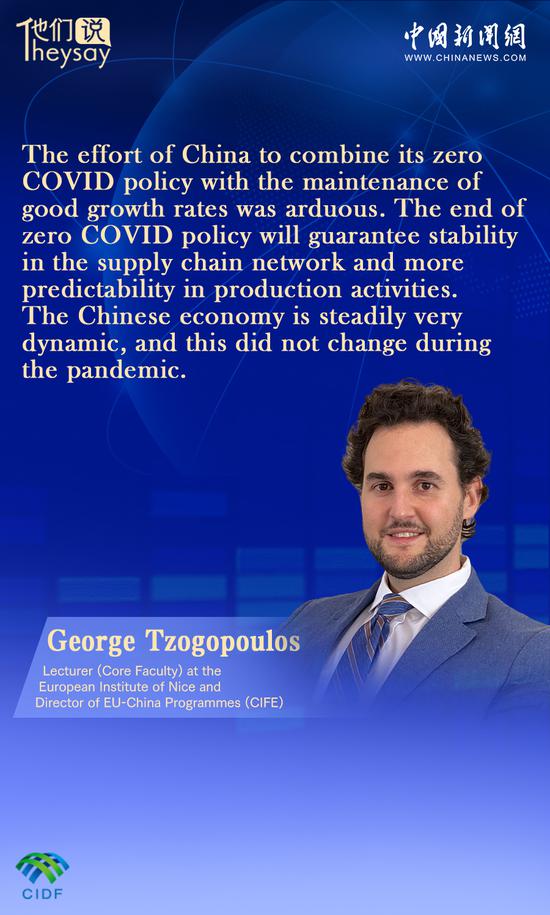


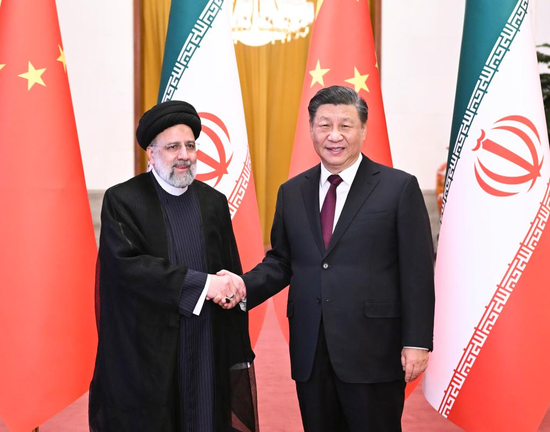



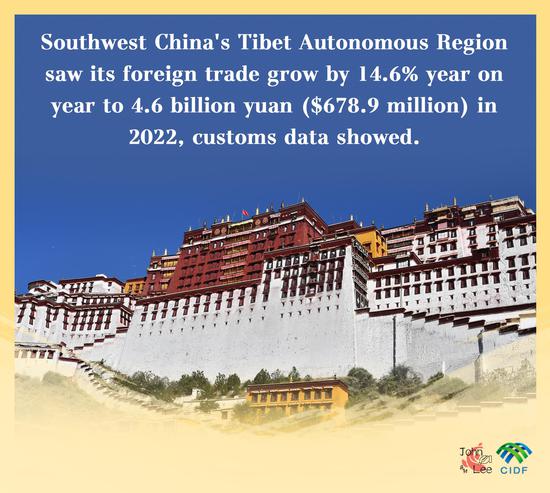
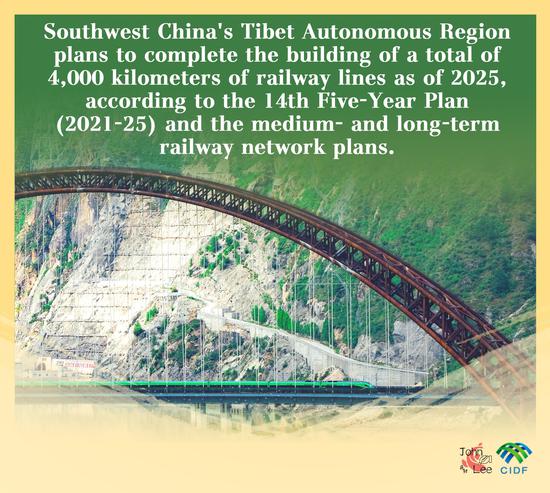









 京公网安备 11010202009201号
京公网安备 11010202009201号